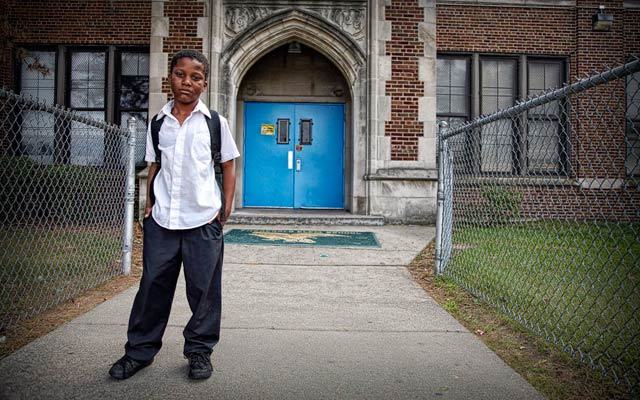Calling Detroit a mess is redundant.
Even the City Council seems finally to have realized it can no longer continue the misgovernment that has been chasing people out of the city for decades — though it still postures about “retaining local control.”
Roy Roberts, Detroit Public Schools’ emergency manager, has an excellent response to that.
“We’re dealing with 40 to 50 years of mismanagement,” he said. “This is about leadership and changing a culture of failing.”
Though Roberts’ comments were aimed at DPS, they apply to Detroit as a whole. Local control is only as good as the locals who are in control, and in the past 50 years Detroit has relentlessly chased away the people who built its success.
We all have heard the horrific stats: Detroit kids have the worst test scores of large urban districts, the city’s long-term debt is 56 times that of cities already under state management such as Flint, residents are fleeing in droves, and the city’s credit is as valuable as toilet paper. To move toward some chance of stability and prosperity, Detroit must attract or cultivate the sort of people who have fled.
A crucial element for this is its education system. Several recent education initiatives in the city offer hope for Detroit’s future.
Of central importance to education everywhere, but particularly in majority-black cities such as Detroit, when three-quarters of African-American kids are born to unmarried parents, is parental involvement. Children in stable homes, particularly with married parents, get better grades, graduate more, skip class and repeat grades less often, and have stronger relationship skills.
That’s why the Detroit Parent Network is crucial. The network increased parent involvement in schools by 37 percent in its first year contracting with DPS, starting March 2010. It offers parenting workshops, access to social services such as food and health care, and information about schools and education. The initiative offers Detroit hope by working to rebuild the city’s foundations in families.
Another positive development: Nearly half of Detroit children are attending charter schools this year. Charters consistently perform better than traditional schools for two main reasons: greater freedom and greater responsibility. Principals can discard the 189-page union contract and its strangling requirements that, for example, teachers stand outside classroom doors at the beginning and end of all class periods. They have more power to allocate funds and, like the Jalen Rose Leadership Academy charter school, implement interventions proven to work with at-risk students, such as extending the school day and year.
Also fundamental to charters’ success is that the schools can be closed and ineffective principals and teachers are easier to fire. Ignoring those options before DPS went under emergency management meant a deplorable lack of accountability for persistent poor performance. The several dozen Detroit schools expected in fall 2012 to enter the state district for lowest-performers, the Educational Achievement System, will be given even more operational freedom.
One more promising development for Detroit schools is the coalition of education, business and philanthropy organizations pulling for them. Approximately $2 million in donations has been raised to pay EAS salaries; the Kellogg Foundation has given the Detroit Parent Network $1.2 million for three years; and people such as basketball star Jalen Rose are hitting up their friends for private funds to fill in for decades and billions of wasted tax dollars the public can no longer afford.
With reforms promised and scuttled for many years, the current press for change may well be Detroit’s last chance.
Joy Pullmann is managing editor of School Reform News and an education research fellow at The Heartland Institute. Her maternal grandparents met in Detroit in the 1950s and stayed all their lives.
[First published in the Detroit News.]





